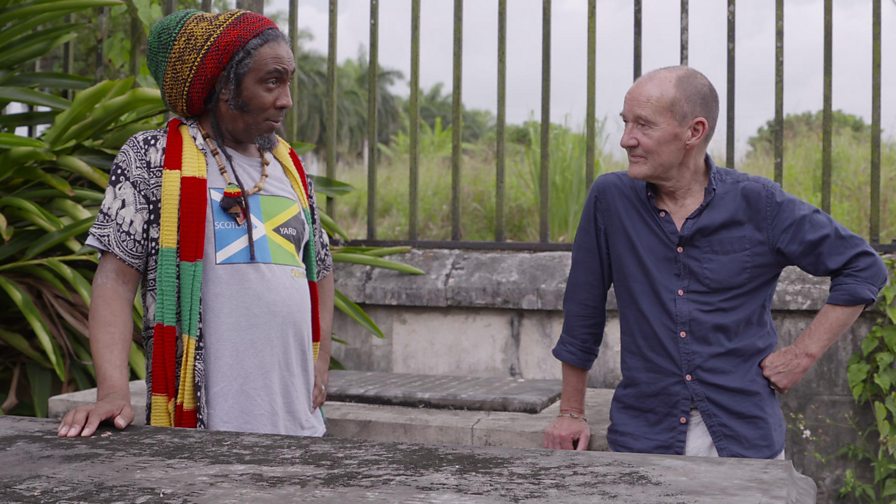
In 1790 James jnr was in Tobago, having been to Demerara where he had purchased 'a good estate that is likely to turn out to great advantage'. James and Hannah's three sons (see below) were all leading planters in Guyana his daughter Emelia married Colin Mackenzie of Mountgerald, who became the joint owner of a Berbice plantation and his daughter Isabella married Thomas Cuming, one of the earliest Scots planters in Demerara.įraser owned plantations in both Demerara and Berbice which were manged by his three sons - James, Simon and Evan. He married Hannah Baillie of Dochfour (1739-c97) whose brothers were leading merchants in the slave trade. James Fraser was a soldier who served in Germany from 1759-63, during the Seven Years War in North America from 1777-82, during the American War of Independence and came out of retirement in 1794 to raise a Fencible Regiment, serving in Ireland until 1797. His brother Alexander became a merchant in Tobago. He was known in the Highlands as Seumas Eolach (James the Knowing One).


As a freelance historian and author, he has dedicated the past 20 years to researching the role of northern Scots in the slave-worked plantations of the Caribbean, especially Guyana.Highland Scots - Frasers from Inverness & area: Fraser of Belladrumįor family tree see Fraser of Belladrum on Ancestry (subscription required)Ĭol James Fraser of Belladrum was key to the involvement of Highland Scots in the plantations of Berbice, although he is unlikely to have visited the colony himself. David Alston was one of the first Scottish historians to address the issue of Scotland's involvement with slavery. This legacy, entwined with so many of our contemporary institutions, must be reckoned with. David Alston gives voice not only to these Scots but to enslaved Africans and their descendants to those who reclaimed their freedom, to free women of colour, to the Black Caribs of St Vincent, to house servants, and to children of mixed race who found themselves in the increasingly racist society of Britain in the mid-1800s.As Scots recover and grapple with their past, this vital history lays bare the enormous wealth generated in the Highlands by slavery and emancipation compensation schemes. Their voices are clearly heard in the archives, while in the same sources their victims' stories are silenced reduced to numbers and listed as property. This book focuses on the Scottish Highlanders who engaged in or benefitted from these crimes against humanity in the Caribbean Islands and Guyana, some reluctantly but many with enthusiasm and without remorse.


Scots were involved in every stage of the slave trade: from captaining slaving ships to auctioning captured Africans in the colonies and hunting down those who escaped from bondage. Slaves and Highlanders : Silenced Histories of Scotland and the Caribbean


 0 kommentar(er)
0 kommentar(er)
